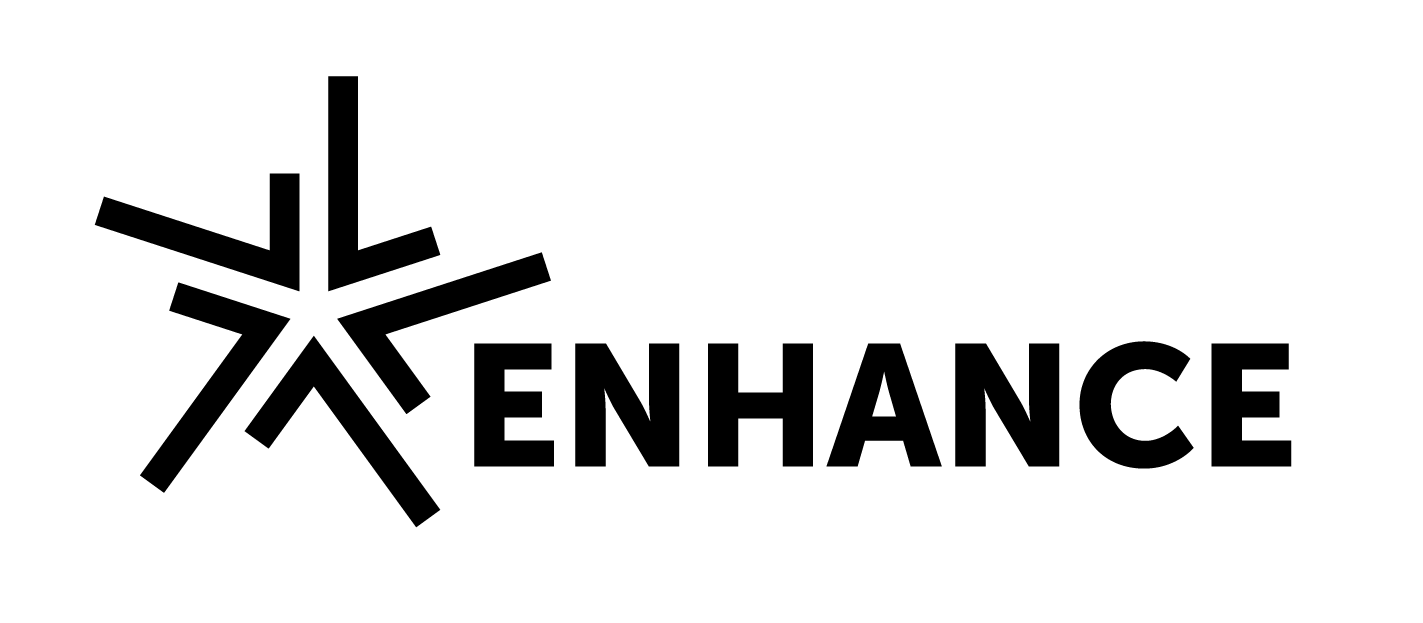The close collaboration among 16 educational institutions from 11 countries gave birth to JEDI (Joint European Degree Label in engineering), one of the six pilot projects for joint degree labels funded by the Erasmus+ Program. This project aims to explore and revise criteria for the implementation of a harmonized European label for joint degree programs.
With a one-year duration and from an engineering, technological, and scientific educational perspective, this project coordinated by the Universidad Politécnica de Madrid (UPM) is committed to providing an additional label to the academic degrees obtained by the students.
In close collaboration with various stakeholders (accreditation agencies, ministries, employers, alumni, student representatives…), the project will analyze the feasibility and impact of the label at the institutional level and define various innovative learning methodologies, emphasizing the European values integrated into joint degrees.
JEDI is part of the collaboration among three European universities, EELISA, ENHANCE, and EUt+. All three alliances are aware of the opportunities and challenges that European partnerships with joint programs and other innovative recognition systems offer for transnational learning experiences.

Project goals
The main goal is to issue a label as a complementary certification to the qualifications obtained by students and take a step forward to the creation of a framework for engineering education in Europe.
The importance of the topic resides in the potential it holds regarding the future of education in Europe, especially in engineering. JEDI also stresses the EDL as an essential step that can help produce a consolidated European Engineering Space and a redefined education and degrees in engineering and technology.
JEDI will develop a label prototype based on engineering measurements to reach its goals as a primary focus for this call. With both an academic and an institutional framework, the project aims to prove the feasibility of such an EDL and improve the “technological readiness level” from a proof of concept to a fully defined and qualified label.
The ENHANCE contribution to the project will be the alignment of the EDL to the European Education Pathways, an innovative study offer, and exchange programme developed by ENHANCE to provide students maximum flexibility in their study plans and European study experiences.
The most important benefit is the recognition of experience from studies in another European country. An official label will facilitate the certification and recognition of mobility periods, but also the recognition of degrees on the international job market after graduation.
The technicalities of the work to reach these goals are complex and will probably take time. Still, JEDI, in its pilot phase, will contribute to this essential conversation that the European Universities are having, including the ENHANCE Alliance.

Actions
One of the first tangible results of the EELISA European University is the Master Program on Digital Twins for Infrastructures and Cities.
In addition to having the vision of transforming infrastructures and cities for a greener and more digital Europe, this degree, endorsed by the EU’s Digital Europe Programme, will serve as a flagship for testing the JEDI label and aims to be the first joint master’s degree to be accredited with this label.




